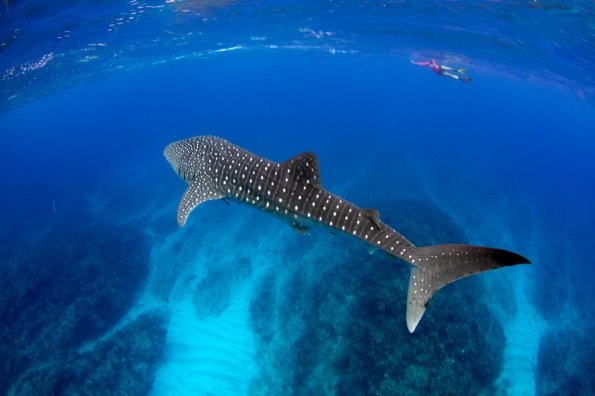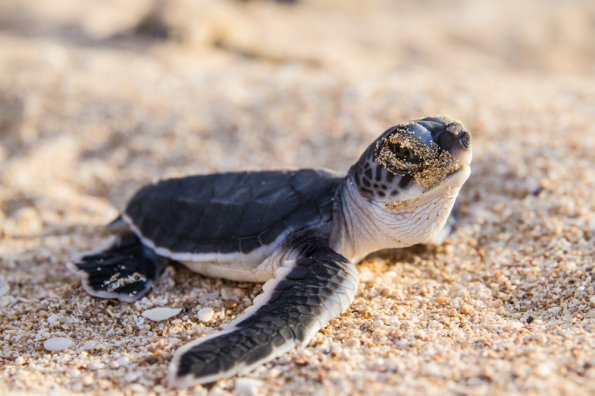With about 25,000 kilometers of coastline, Australia has an abundance of beautiful coastal environments. The 260 kilometre long Ningaloo reef is unarguably one of the most beautiful. Western Australia’s Ningaloo reef was listed as a UNESCO World Heritage site in 2011 and is Australia’s largest and most accessible fringing reef. In some places, it is only a few metres from the shore to the flourishing reef environment.
The coastline by the reef is dotted with camping sites rather than luxury hotels. One of the primary ways of getting to a camping ground is by hiring a four wheel drive or campervan from Perth. Travellers may then drive to Carnarvon to later enter South Ningaloo. The time driving amounts to approximately twelve hours. Another option is to fly from Perth to Exmouth and then drive to Coral Bay, which takes about two and a half hours.
There are a myriad of ways to experience the reef. While there is the option of simply wandering with your snorkeling gear, there are a range of tour operators to take you on diving excursions. It only takes a quick internet search to find a tour of some of Australia’s best diving sites, including Lighthouse Bay, the Murion Islands or Navy Pier. You might also enjoy going on a glass bottom boat trip where you can relax and watch marine life glide under your toes. These tours and a rental car can be booked in advance. Travel insurance can provide cover for unexpected cancellations which can occur due to weather as well as the rental car insurance excess included in rental car agreements. Fast Cover travel insurance is an Australian company which provides unlimited cancellation cover and $5,000 for rental car excess, so you can book as many tours as you’d like.
Some of the most popular scuba diving, snorkeling and boat tour options are those that take you out to meet the world’s largest fish: the whale shark. These docile creatures, which can grow up to 18 meters long, gather in Ningaloo between April and June.

Between June and November is the optimal time to spot humpback whales. Green, hawksbill and loggerhead turtles also lay their eggs from November to January and if you arrive between January and March you’ll have the opportunity to see the turtles hatch.

Another creature you can see on a tour of Ningaloo is the dugong. There are approximately 14,400 dugongs in the Shark Bay, Ningaloo Reef and Exmouth Gulf Region combined, which is one of the largest global populations. Manta rays, moray eels, leafy sea dragons and dolphins can also be spotted throughout Ningaloo, as well as over 500 different fish species, 200 species of hard coral and 50 species of soft coral.
Ningaloo is a thriving reef with abundant wildlife. Care is taken to keep the reef as healthy as it is currently by minimizing the impact people have on the environment. To see the best of the reef, book a tour with one of the many groups that can get you up close and personal with the sea life.
Posted By mick
Updated : 14th June 2017 | Words : 512 | Views : 4262





